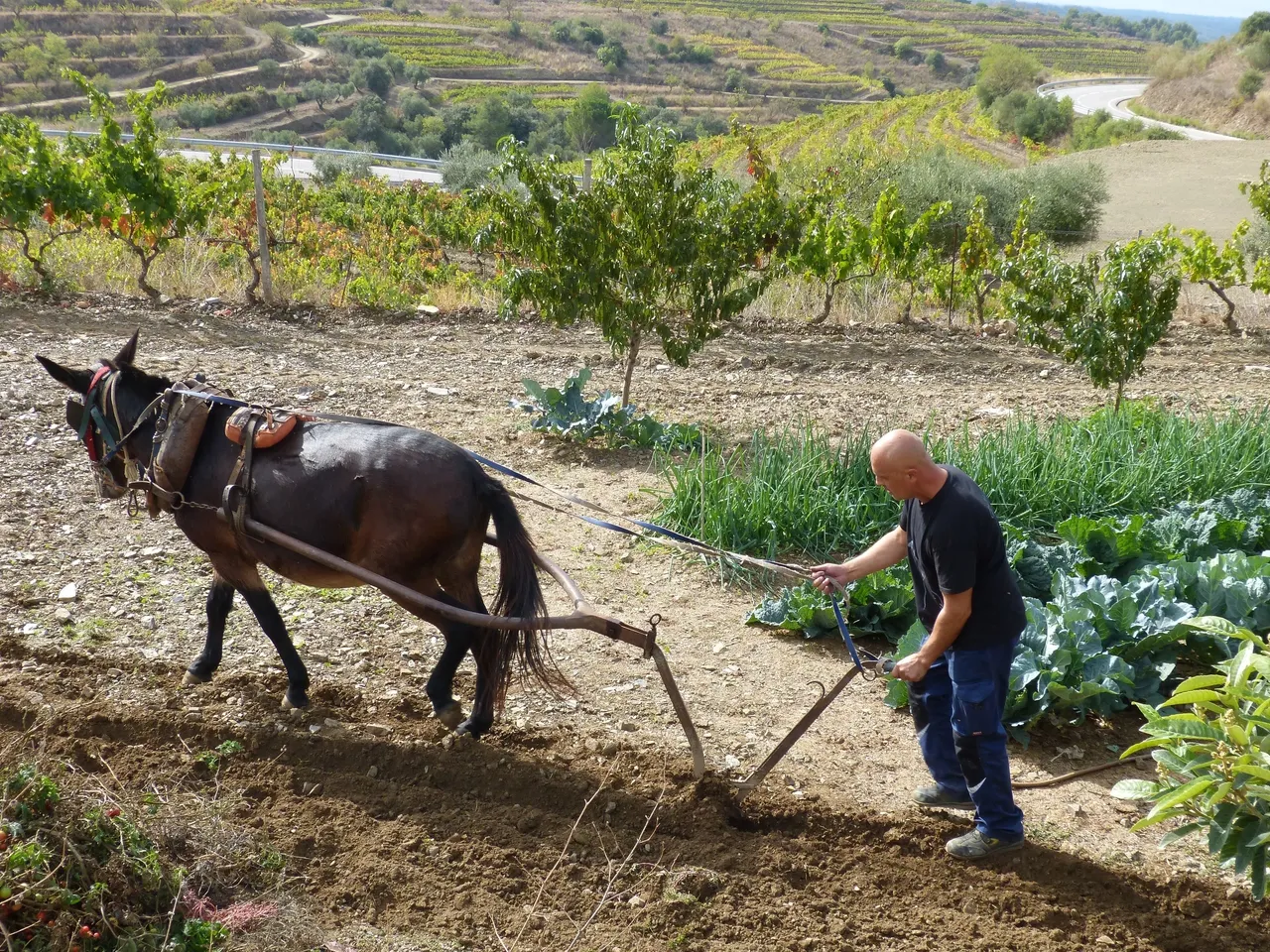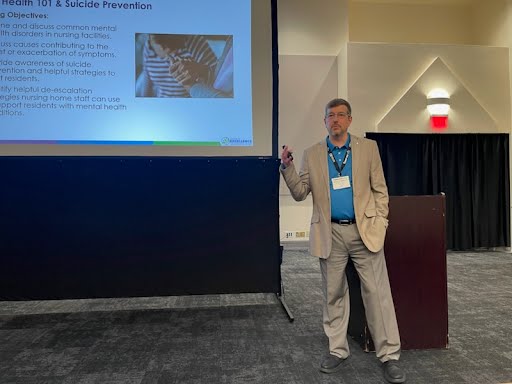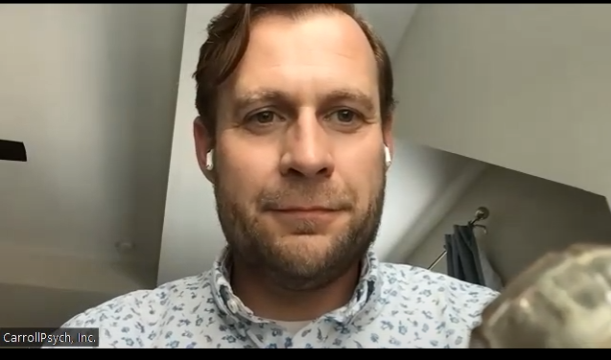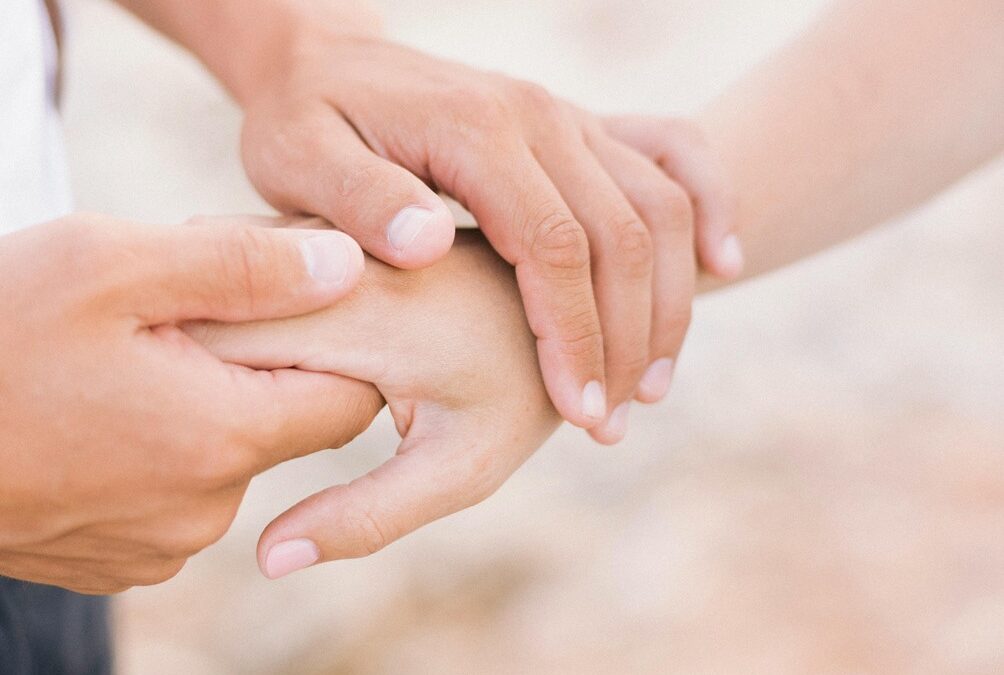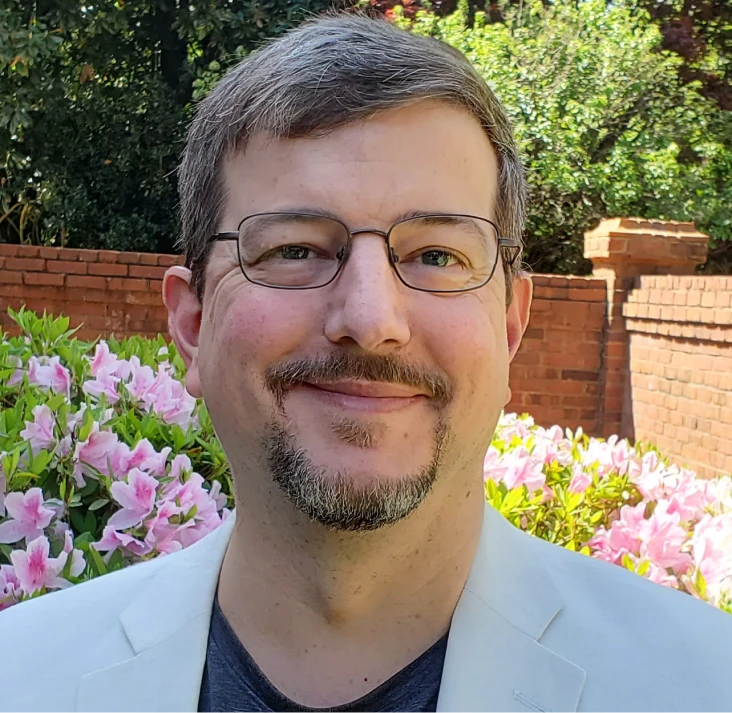It is clear that in 2023, being the victim is in vogue. While living in one of the most open societies in history, with greater opportunities for all than we have ever had before, there are many people seeking victim status. Indeed, there is competition to claim ever higher levels of victim-hood. If things do not go as the person wants, there must be someone else victimizing them. People of high status and power embrace the mantel of victim-hood. It is really sad. Not only is corrosive to society. Not only does it drive people apart (because, you have to have perpetrators to have victims). Not only does is leave us more isolated from each other. It damages our souls. To be a perpetual victim is a miserable experience. Humans have need for personal agency. Powerlessness absolves us of responsibility for ourselves and it robs us of any ability to make things better. The self-image of victim leads to misery and anger.
In the south, you can hear someone say “I’ve been done wrong” when another has acted against them. As a therapist, I see many people who have been done wrong by someone in their lives. When this is someone close, like a parent, the wound can be particularly deep. It is easy to feel like a victim, helpless and not in control of their fates. It can be horrible. It is also seductive.
I know you are asking “How can being a victim be seductive?” Well, it is easy. If I am not in control of my fate, then nothing that goes wrong is my fault. Or to put it another way: Someone else is to blame for my misfortune. This means that I don’t have to do anything to improve, it is all about what other people do. In short, I am off the hook. Of course, I am giving up all my agency, but isn’t that a small price to pay for absolution?
With trauma survivors, we acknowledge the helplessness of the client when the violations of their safety occurred. A child being abused can do little to defend herself or himself. As an adult, however, the situation has changed. Like many who work with Trauma, I prefer the term, “Survivor”. The client has survived and is here, today, alive because of the actions they have taken. What happened does not have to control them now. This is important, because what so many people learn from trauma is that they are helpless and can no longer change things. “Victim” is removed from the vocabulary. Survivors have agency, while victims do not.
It is clear that in 2023, being the victim is in vogue. While living in one of the most open societies in history, with greater opportunities for all than we have ever had before, there are many people seeking victim status. Indeed, there is competition to claim ever higher levels of victim-hood. If things do not go as the person wants, there must be someone else victimizing them. People of high status and power embrace the garments of victim-hood, which I find terribly sad. Not only is this corrosive to society, driving people apart (because, you have to have perpetrators to have victims) and leaving us more isolated from each other. It damages our souls. To be a perpetual victim is a miserable experience. Humans have need for personal agency. Powerlessness absolves us of responsibility for ourselves and it robs us of any ability to make things better. The self-image of victim leads to misery and anger.
We teach people in trauma therapy not to adopt the role of victim but survivor. That is part of their pathway to healing. To really live, we need to grow, and that requires us to accept the things in ourselves we can change. We cannot do that if we only blame others. Ignore the siren call of being just the victim and the urge to take up a sword against others.
Take up your plow and work your field. Make the changes in yourself that you can. Sowing farming fields grows crops while sowing battlefields grows only misery.


